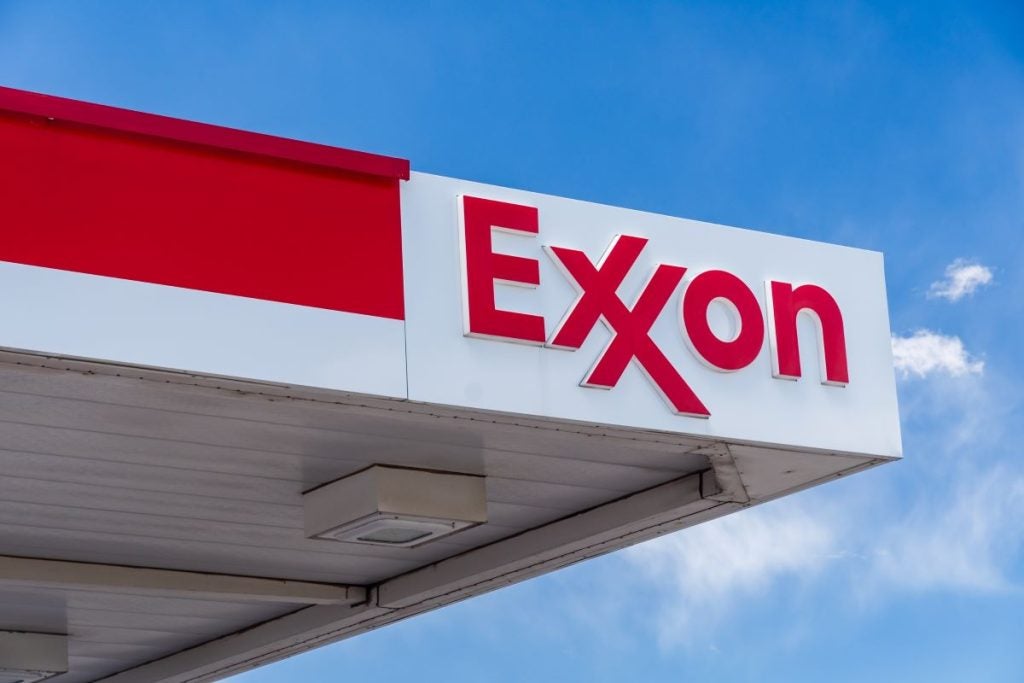The UK’s ASA is reviewing complaints against oil giant Shell’s recent television advertisement alleging it created a misleading impression of the company’s commitment to clean energy.
The ad promotes Shell's plan to deploy thousands of Shell electric vehicle (EV) chargers by 2035 and features a woman dressed as an engineer. It emphasises that the company is investing in people and communities to develop skills for energy transition and shows images of wind turbines in the background. The advertisement concludes by stating that Shell is driving progress throughout the UK.
The ASA told Offshore Technology that it had received 59 complaints as of the evening of 14 August. “The complainants allege that the ad is misleading,” said Toby King, ASA’s spokesperson. However, the ASA is not currently investigating the ad and has not disclosed any further information about the possibility of the ad violating any ASA codes.
In the complaint letter reviewed by DeSmog, the individuals signing it assert that Shell is attempting to gain the public's trust "by positioning themselves as a ‘good actor’ in the climate emergency", even though the company has retracted on its climate targets and continues to invest in fossil fuels.
“By selective use of facts [Shell] aims to change public perception in a way that is ultimately misleading and untruthful,” the complaint reads.
However, Shell declined to comment on the complaints as the ASA had not approached the company regarding its advertisement.
Greenpeace released a report in August 2023 alleging that 12 major fossil fuel companies in Europe, Shell included, are misleading the public about their commitment to reducing their climate-harming effects by shifting to renewable energy sources.
Greenpeace stated that Shell did not make any statements about oil and gas production in 2050, instead clarifying its target is to “reduce the net carbon intensity” of the energy products it sells to zero by then.
As per Greenpeace, Shell may still manufacture non-energy items like plastics, chemicals and lubricants in 2050. Additionally, it could continue selling traditional oil and gas, provided that it reaches "net zero" by offsetting these emissions with carbon credits or other carbon sinks.
Are Shell’s renewable investments credible?
Interestingly, in the first quarter of 2024, Shell changed its energy transition strategy, “both scaling back and scrapping its previous decarbonisation targets”, according to GlobalData analyst Clarice Brambilla.
“Shell had plans to reduce the net carbon intensity of its energy products by 20% by 2030, compared with a 2016 baseline, and by 45% by 2035. [Currently], the 2030 target has been reduced to 15–20%, and the latter has been completely scrapped.
"However, the major oil company says it is still planning to reach net zero by 2050,” she added.
Shell also emphasised its goal to transform into a net-zero emissions energy company by 2050 to Offshore Technology. “This means net-zero carbon emissions from our operations and the energy products we sell,” the company said in an email.
“We have also set other targets and ambitions for emissions we are able to control (Scope 1 and 2) and emissions outside of our control (Scope 3),” the email reads.
Shell's 2022 emissions data shows significant decreases in scope 1 and scope 2 emissions in recent years, as reported by Greenpeace. Scope 1 emissions decreased from 71 to 51 million tonnes of carbon dioxide equivalent (mtCO₂e) since 2018, with divestments like asset sales cited as a primary cause. Meanwhile, scope 2 emissions were reduced from 11mtCO₂e to 7mtCO₂e.
“Whilst Shell remains adamant that it will reach carbon neutrality by 2050, the company’s history of backtracking on its climate commitments raises doubts over the reliability of this pledge,” Brambilla added.
The Greenpeace report cited information from Shell, which shows scope 1 emissions from the gas sector increased from 13 million tonnes (mt) in 2018 to 14.7mt in 2022, resulting from the growth of LNG activities.
Shell told Offshore Technology it is “investing $10–15bn between 2023 and the end of 2025 in low-carbon energy solutions, making Shell a significant investor in the energy transition.”
However, Brambilla added: “Even though Shell is amongst the oil majors investing the most in renewable energy, having invested $2.7bn in renewable or low-carbon energy solutions in 2023, it is important to note that this figure represented only 12% of its total 2023 capex.”

Greenpeace noted that, based on the report, only 7.3% (€6.57bn) of the investments made by the 12 companies in 2022 were allocated to green energy. The remaining 92.7% is being used to support traditional fossil fuel businesses and, in certain instances, to expand them.
Record profits
Top global oil majors saw soaring profits following the Russian invasion of Ukraine in 2022. In the same year, Chevron, ExxonMobil, Shell, BP and TotalEnergies “gained more than $130bn in excess profits. Their total profits added up to $195bn in 2022, nearly 120% more than the previous year,” Brambilla said.
Due to high gas and oil prices, Shell's 2022 revenues increased by 46% to $381bn. Most of this growth was attributed to sales at petrol stations and oil trading/refining. The gas business, in particular, saw significant growth.
Shell recorded its highest-ever annual profit of $39.9bn (£30.95bn) in 2022, more than double its previous figures, marking the company's highest profits in its 115-year history. The oil giant's nearly $40bn profit has faced extensive criticism, with many advocating for higher taxes on energy companies.
In 2023, Shell reported a profit of $28bn, marking a 30% decrease from the previous year's record high, attributable to reduced energy prices and demand. Nevertheless, the company raised its dividend by 4% and prolonged its share repurchases.
Reflecting on the impact of the record profits, Brambillla said: “This meant that oil and gas companies regained confidence that demand for fossil fuels would not decrease, at least not in the foreseeable future, leading to increased investments in their regular oil and gas assets rather than renewable technologies.”














